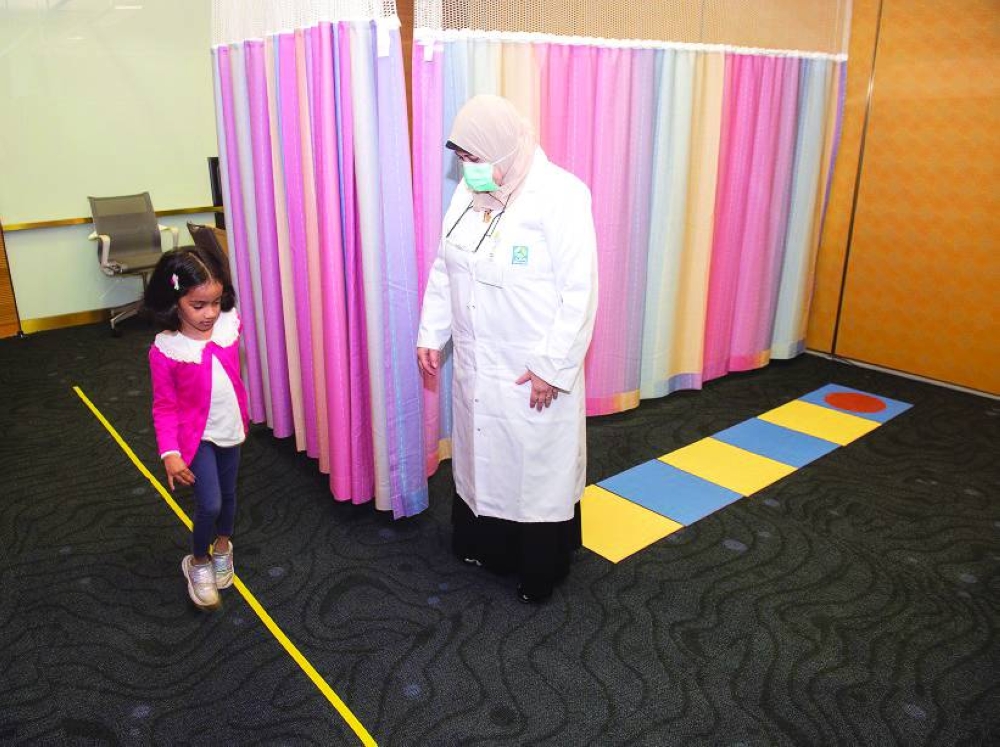A new state-of-the-art Qatar Preterm and Precision Medicine Research Clinic (QPrem & PM-RC) to assess preterm children’s readiness to join school, has recently opened at the Women’s Wellness and Research Centre (WWRC).
The clinic, named after QPrem (Qatar Preterm Study) and Precision Medicine (QPrem & PM-RC), focuses on the development of preterm and is looking comprehensively at various aspects including their medical, psychological, neurocognitive, executive functioning, behavioral, genetic predisposition, and environmental factors.
The aim is to inform policy makers and practitioners of possible ways to intervene and improve the quality of life and care of preterm children and their families.
Dr Hilal al-Rifai, WWRC’s chief executive officer and medical director said that the establishment of the clinic aligned closely with Qatar’s National Health Strategy and that Hamad Medical Corporation (HMC) has given great attention to family and child-centred care when designing and developing the WWRC.
“The QPrem & PM-RC will offer evidence-based care to patient and ease the clinicians’ decision-making process,” he noted.
The Translational and Precision Medicine Research Lab (T&PML) director, Dr Nader al-Dewik said, "This new research clinic will not only assess the children’s development but also will feed the third-generation omics lab with samples utilising this new technology. This is to discover the underlying environmental and genetic factors of high priority health concerns impacting mothers and their preterm children."
The research clinic at the WWRC was opened in collaboration with Prof Muthanna Samara from Kingston University London and Professor Neil Marlow from University College London.
Prof Samara, one of the principal investigators of the QPrem project explained. “The study will assess children’s IQ, language, behaviour, academic achievement, executive functioning, social relationships, etc. It will also utilise outstanding and innovative methodologies including experimental testing using advanced technology, validated tools and tests in English and Arabic, tailored to the Qatari population. The study will inform clinicians on potential interventions that can be implemented in clinical practice in the future to improve children’s readiness to school.”

